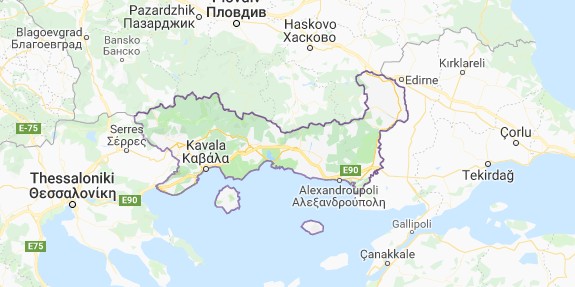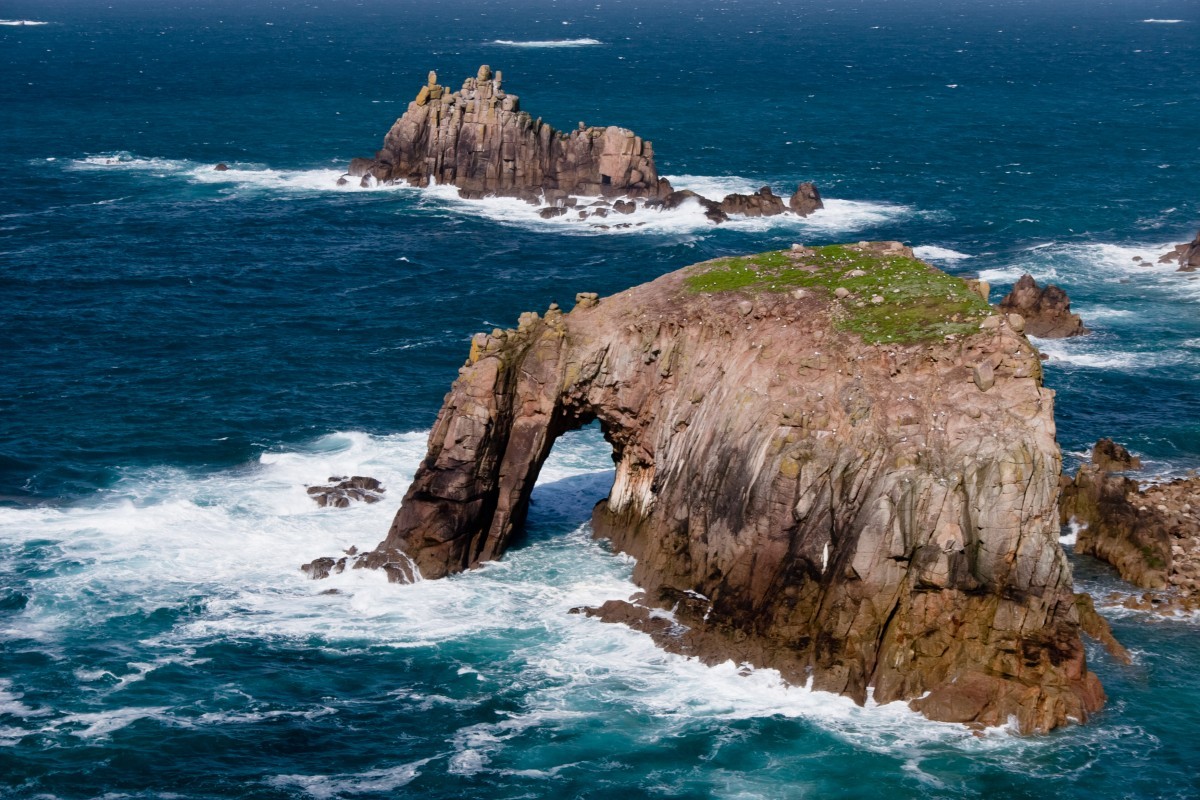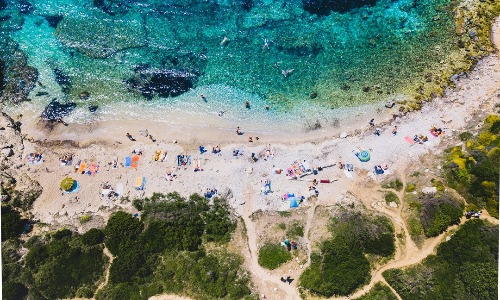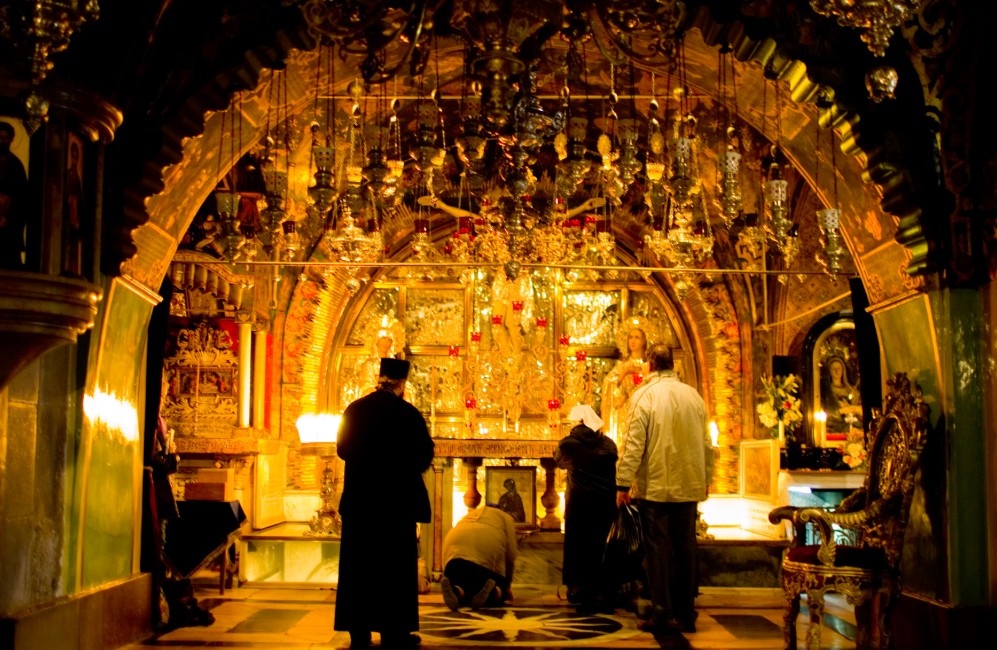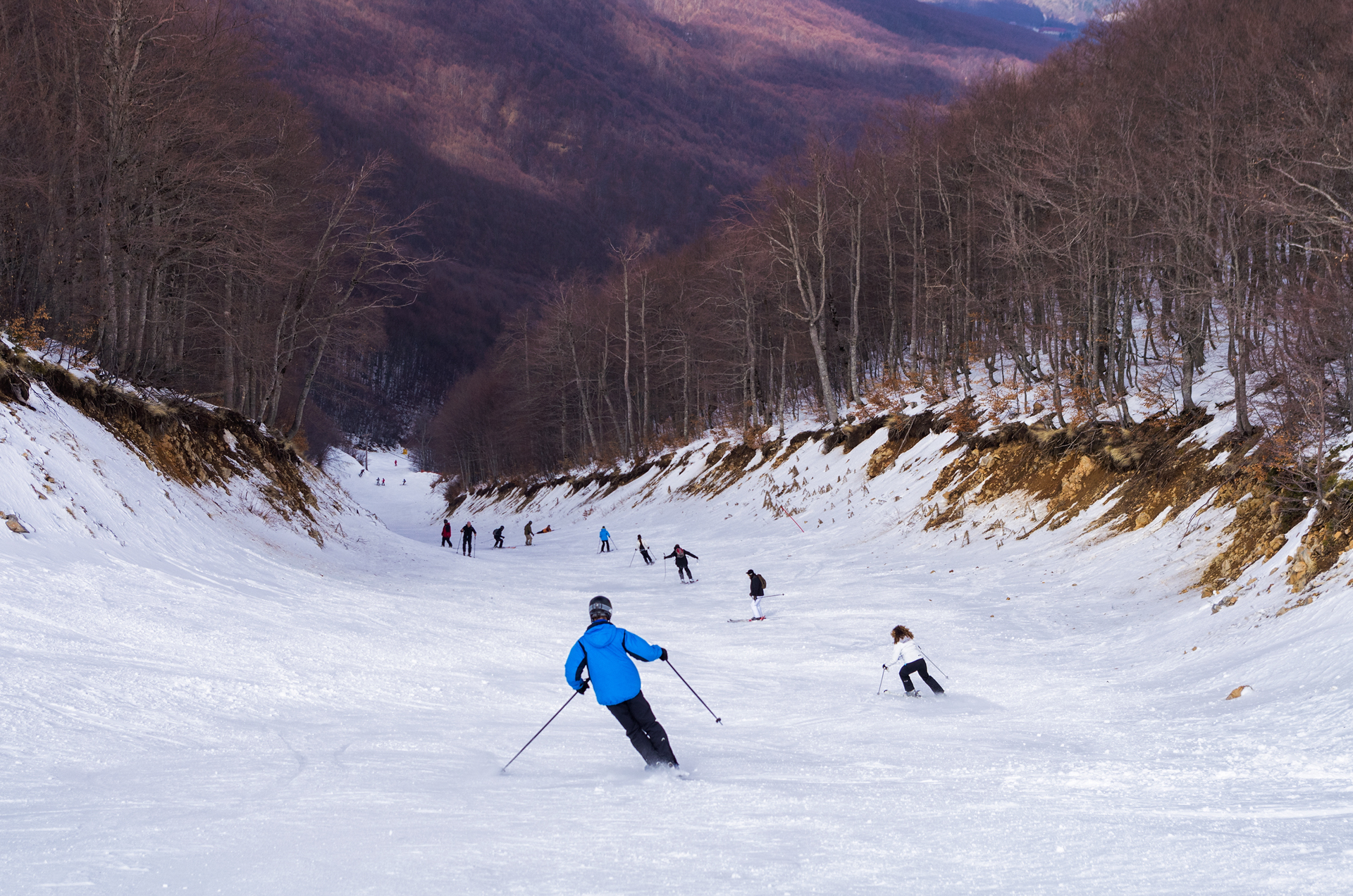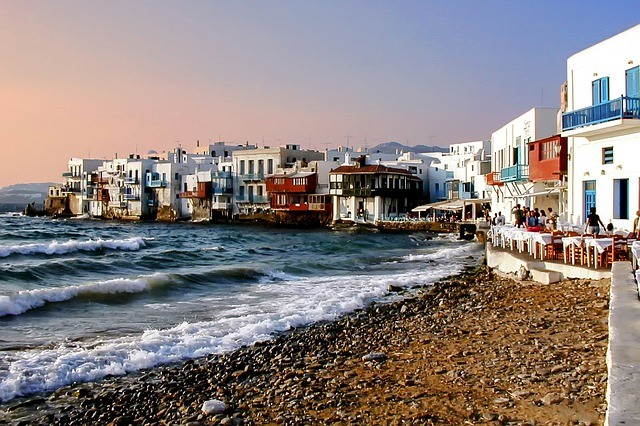It is time you discover the world under sea, offering you an unforgettable experience!

A well hidden, magical world waits for you to discover it so that it can introduce you to its secrets: the world under water. In which way? With autonomous diving! Many are those who have already tried it, seem to be thrilled by dives, and cannot wait for their next dive: this cannot be coincidental! A basic advantage of scuba diving over free diving – breath-hold diving, without the use of diving apparatus – and snorkeling – swimming at the surface of water – is of course the extended time one can stay under water to admire the world under sea. It is a sport that will move you and will definitely make your vacations unforgettable.
Greek seas with their crystal waters have their own special characteristics making them unique for diving: reefs, shipwrecks, innumerable caves and a rich flora with many sea plants and sea anemones. On the other hand, it has an equally interesting sea fauna. This consists of shells, sponges, sea urchins, octopuses, starfish and many kinds of fish that will definitely draw among other things, your attention.
If you are thus not afraid of dives, you have a fairly good knowledge of swimming and you don’t have a particular problem with your circulatory or respiratory system, you should try it, since, as we know, “a try can convince you”. Other elements necessary for someone to start autonomous dives is to have correct judgment and discipline as well as be able to cooperate as member of a team.
Up to the present day, dives with an autonomous dive apparatus were to a great extent forbidden, but with the new law concerning the recreation dives applied in our country since February 2006, things have changed to the better. This new law, pursuant to the European diving standards, allows dives throughout Greece with the exception of some areas that are of specific archaeological interest. This had as a result, besides the diving centers that operated until then, to pave the way for the creation and operation of new centers that train or accompany those interested in diving in recreation dives. Thus, things have changed in Greece and recreation dives have started to gain ground, as circumstances for the development of the specific sport-hobby are prosperous.
With an extended coastline and good weather conditions for large periods of time, crystal waters and rich sea biodiversity, Greece has every prerequisite to become an even greater attraction pole for self-divers, not only Greeks but also foreigners, who will choose Greece as a destination for dives. We should not forget a specific tourism category, which is not other than the diving tourism.
Where to dive
There are now no restrictions as to where one can dive, and the possibilities offered are many even in Attica (Limanakia Vouliagmeni, Marathon etc), while diving schools are consistently in search for new interesting places for dives.
Relatively close to the capital, in the northern part of Evia, and in particular in the secluded complex of islands Lihadonisia, an impressive sea bottom with many shipwrecks, waits for you to discover it. Aegean islands also offer many possibilities for diving: the island of Paros (Santa Maria, Naousa, Pounta in Antiparos), the volcanic Kythnos, Mytilene, but also the Ionian sea in the beautiful islands of Zakynthos and Kefallonia. These are indicatively some of our suggestions which of course are not exhaustive!
Lessons
Dives attract increasingly more people. This is why there are many schools offering lessons, not only to people who just want to learn the basics of the sport, but can also offer series of lessons to those who want to get an internationally recognized certification.
First dive
Next time you will be by the sea, try a “first dive”; your first contact with the sport. What “the first dive” includes depends on the school but there are some common things: a basic theoretical training related to equipment, the security measures and general directions one should have in mind, as well as other things one needs to know. After that, there is the crucial and of course more entertaining part, which is the dive itself in a small depth of maximum 5 meters. This is the maximum depth the Greek legislation permits, at this stage – whether in the sea or in the swimming pool. We suggest this first dive to be in the sea.
At this first lesson, you will learn the basics for the equipment, as well as how you need to behave in the water. You also need to learn some basic signals/signs which are necessary, as in a short of time, it will be difficult for you to talk to your trainer under water and tell him if something is hindering you or is not ok!
Full course – Open Water Diver
Of course with the first dive you will get the “baptism by fire”. However, the best thing to do, if you have the time and the money, is to follow the first course , the “Open Water Diver” at the end of which, you may get the first “star”. You can from now on during your vacations, go to a diving school: every summer resorts in Greece has at least one diving school. This first course can be completed in 4-5 days, depending on how much time you have at your disposal. This will enable you, since you successfully follow this course, to dive, together with a friend, no matter where you are. It is ideal to start this sport with a friend or boyfriend/girlfriend so that you can dive together, since a prerequisite and an inviolable rule is to always dive with at least one more person.
This course includes not only theoretical lessons but also dives in a swimming pool and sea, while at the end of the course, after a written test, you will be able to get the amateur diver international recognized certification 1st level, that will enable you to dive on your own, up to a depth of 18 meters, without a trainer.
Equipment-cost
To start the course Open Water Diver you will need a mask, flippers, and a snorkel. A good idea is to address the diving center where you will get the lessons, to get some invaluable advice, so to be able to choose the equipment, since for example, the mask should exactly fit your face. The cost for the lessons depends on the school, but it is approximately 400 euros.
Many diving centers, offer you whatever you need –diving suit, aqualung, flotation regulator, respiration regulator etc- It is a good idea, when you visit the diving school, to know exactly what it is included in the price, and what extra things you will need to buy, so that you can exactly estimate the amount you will need to pay. However, even after you get the certificate, it is not necessary to buy the whole equipment, since you can borrow it from any diving center. As a general principle, you need to be sure that the school where you attend lessons is certified and legal, you may address the port authorities of every region to find out that.
Specialized training
Of course, this is only the beginning, since you still have many possibilities to get a specialized training. Lessons last about a week; however, the higher the degree of training the longer the duration of the lessons.
If you decide to have lessons to get the 3nd star, you train to become a professional diver, and you can become a trainer assistant, so that you can accompany others during dives. There are also specialized training schools one may attend to become a professional trainer.
Autonomous diving is a sport and at the same time a hobby. If it does not change your life, it will definitely change the way you schedule your vacations, as diving tourism develops quickly. As a professional diver tells us “every dive, even in the same place as the previous one, is unique, because you always discover something new”.
And imagine if you dive in new places, in islands with a rich underwater world, things will be much more different…

